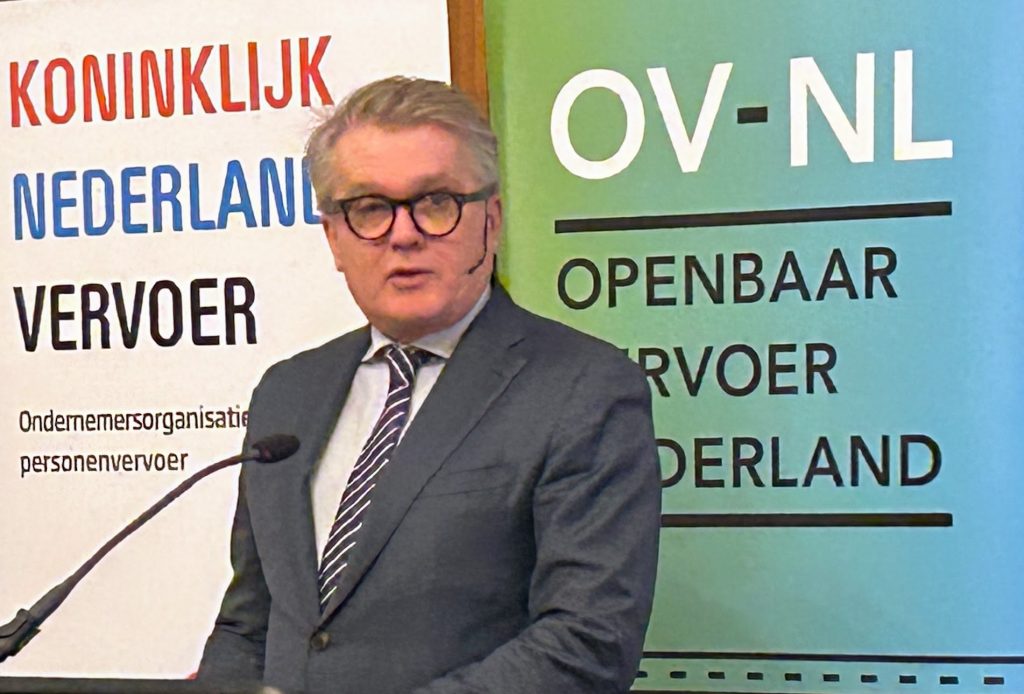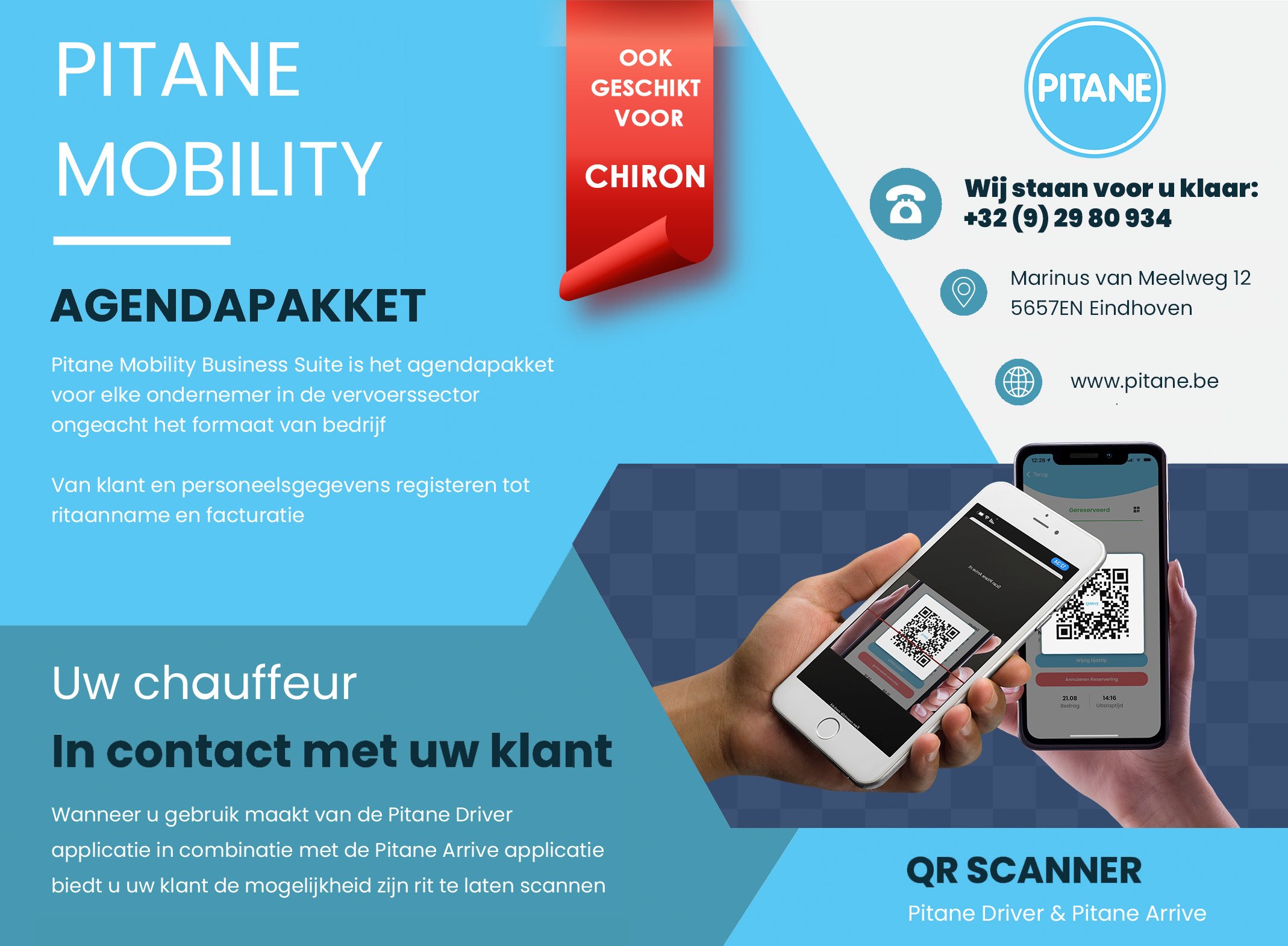Employers moved briskly toward union demands, but enough was enough.
The recent strikes that brought FNV members together were perhaps the latest in a long line. More than 700 employees went on strike for a good Collective Labor Agreement for Healthcare Transport and Taxi, with which the union once again showed employers that many do not agree with the current Collective Labor Agreement. The consequences of previous strikes were also less than expected, because nationally less than 2% of the staff went on strike.
did not succeed
Despite FNV continuing to call on members to stop working, the employers concluded an agreement with CNV and there was a valid collective labor agreement within the sector. For FNV, despite all the protests, two important points have not succeeded. Employers did not want to talk about a better wage and continued payment in the event of illness also remained on the agenda for unmarked items.
However, the strikes were pointless for the employers because a collective labor agreement was concluded, which could be declared generally binding. By concluding the new collective labor agreement, drivers will receive an additional 8% wage increase, which is more than the current inflation. The sickness and break schemes were also adjusted to meet the demands of the trade unions.
call
KNV chairman Bertho Eckhardt continued to call on the FNV union to finally look to the future. As it looks now, this will also happen because in a letter to the members it was admitted that many were striking, but many were not.

The actions were not in vain. The workers who went on strike together won a 12% wage increase in 1,5 years for the entire sector. And not unimportant for the trade union FNV, moreover, more than 1200 new members joined FNV Zorgtransport & Taxi this year.
KNV chairman Bertho Eckhardt was very disappointed that healthcare transport clients were once again the victims. Eckhardt kept repeating that strikes hindered the transport of vulnerable groups and only harmed healthcare transport. With the new collective labor agreement, there is an above-average wage increase compared to other sectors in the Netherlands.
"At the moment we are not yet big and strong enough to achieve further improvements.
FNV Care Transport & Taxi
Because employees improved on 1 January, the willingness to strike may not have increased. As far as FNV is concerned, they are continuing to build a larger and stronger union of healthcare transport employees, so that we can achieve more during the next collective bargaining negotiations in June 2024.
Does FNV give up now? No. It is not for nothing that they have not signed the collective labor agreement and are now enforcing better working conditions at individual companies together with strong trade union members. Together with the members, they want to build a larger and stronger union of healthcare transport employees, so that they can achieve more during the next collective bargaining negotiations in June 2024.




